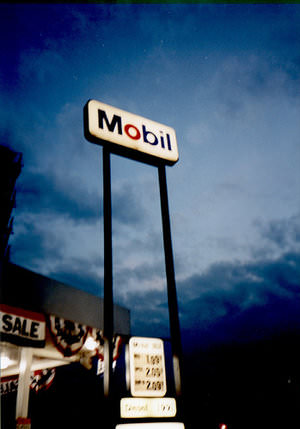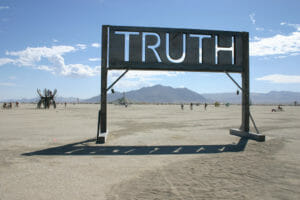A River of Misinformation on Montana Oil Spill
After roughly 42,000 gallons of oil spewed into the Yellowstone River in Montana last weekend, federal documents show that Exxon Mobil officials were not candid with the public about the length of time it took to seal the burst pipe. (more)
After roughly 42,000 gallons of oil spewed into the Yellowstone River in Montana last weekend, federal documents show that Exxon Mobil officials were not candid with the public about the length of time it took to seal the burst pipe.
Records show that the pipeline took 56 minutes to completely seal, almost twice the 30-minute span that company representatives initially told federal officials and Montana Gov. Brian Schweitzer. Further muddying the waters are reports that the river has been fouled 100 miles downstream, well beyond a company claim that the spill would affect only a 10-mile stretch. Exxon Mobile has since retracted that claim. –BF
Your support matters…The Daily Mail:
While clean up crews continue to sop up oil spilled Friday night into Montana’s Yellowstone River, critics probe ExxonMobil’s response, and others worry about their property.
Federal documents show it took ExxonMobil nearly twice as long as it publicly disclosed to fully seal the pipeline that spilled roughly 1,000 barrels (42,000 gallons) of crude oil into the Yellowstone River, the AP reports.
Details about the company’s response to the Montana pipeline burst emerged late Tuesday as the Department of Transportation ordered the company bury the duct deeper beneath the riverbed, where it is buried 5 to 8 feet underground to deliver 40,000 barrels of oil a day to a refinery in Billings.
Independent journalism is under threat and overshadowed by heavily funded mainstream media.
You can help level the playing field. Become a member.
Your tax-deductible contribution keeps us digging beneath the headlines to give you thought-provoking, investigative reporting and analysis that unearths what's really happening- without compromise.
Give today to support our courageous, independent journalists.





You need to be a supporter to comment.
There are currently no responses to this article.
Be the first to respond.